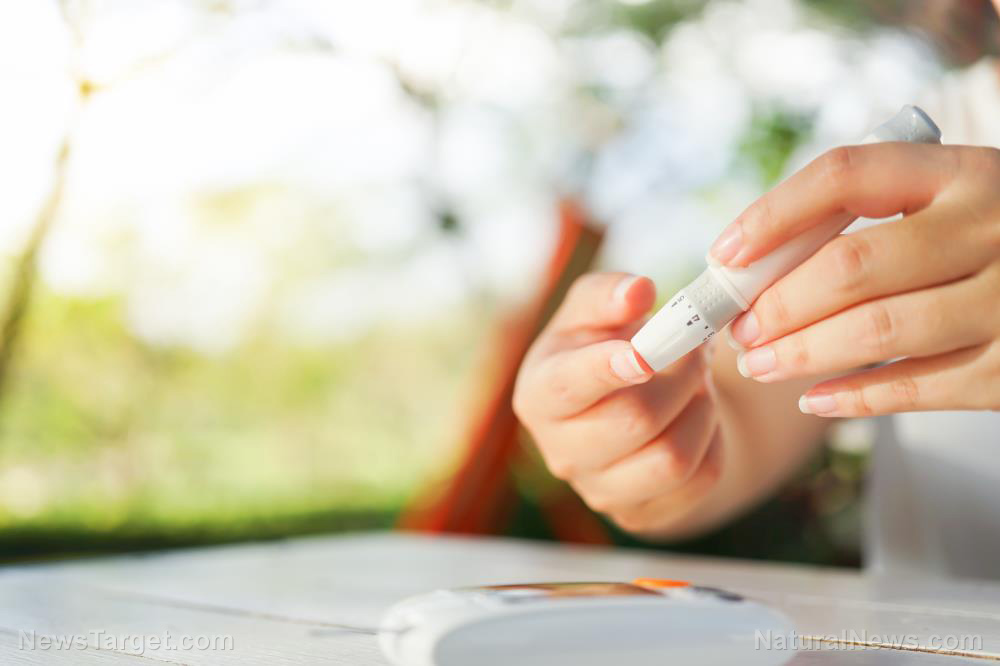Understanding how blood sugar and impulsive behavior affect our ability to respond to changes in the environment

(Natural News) Your blood sugar and impulsive behavior may influence behavioral flexibility or your ability to respond to changes in the environment. A study published in the journal Nutrition Research found that measures of impulsivity and blood sugar regulation can be used to predict behavioral flexibility.
Both psychological and physiological factors influence behavioral flexibility performance, and evidence suggests that impulsivity and blood glucose can affect executive function, of which behavioral flexibility is a subdomain. Therefore, a team of researchers from Northumbria University and Sheffield Hallam University in the U.K., Sunway University in Malaysia, and NeuroCognitive Institute in the U.S. investigated whether impulsivity and blood sugar could affect behavioral flexibility.
For the study, the research team hypothesized that impulsive behavior, fasting blood sugar, and blood sugar changes from postprandial blood sugar following the intake of a 15-gram sugary drink could influence changes in behavioral flexibility performance. To test their hypothesis, they measured the participants’ behavioral flexibility using the Stroop Color-Word Test and the Wisconsin Card Sorting Test (WCST), and the Barratt Impulsiveness Scale (BIS-11) for impulsivity. The research team tested whether impulsivity, fasting blood sugar, and blood sugar levels after the consumption of a sugary drink could predict behavioral flexibility performance on the Stroop or the WCST.
The results showed that absolute changes in blood sugar levels after the intake of the sugary drink beverage could better predict behavioral flexibility performance. Lower impulsivity scores and smaller differences in blood glucose levels from time 1 to time 2 predicted a reduction in the number of total and perseverative errors on the WCST. Perseverative error is defined as the continuing recurrence of an error, such as repeating the same answer to a series of different questions. From these results, the research team concluded that blood sugar and impulsivity may influence an individual’s ability to respond to changes in the environment. (Related: Study reveals three distinct classes of psychological flexibility.)
Support our mission and protect your health: Organic Seeds of Life combines Red Raspberry Seed Power, Black Cumin Seed Power and Red Grape Seed Powder into the most potent nutrient-rich supplemental superfood powder you've ever experienced. Loaded with flavonoids, antioxidants, anthocyanins, OPCs, ALA and a vast array of vital nutrients. Learn more here.
Improving behavioral flexibility
Behavioral flexibility is an important part of one’s personality, and improving this ability can help you make better decisions, establish stronger relationships, and discover enjoyment in trying new things. Here are some tips to improve your behavioral flexibility:
- Try things that involve extraversion: One way to increase your behavioral flexibility is to try experiencing extraversion by doing an activity without thinking it over. You may join a discussion before you have a position thought out or join a group activity that requires you to interact with other people.
- Do things on your own: Contrary to extraversion, experiencing introversion is carrying out an activity that you can do alone. It can be reading, writing, or working on a hobby. You may also join a discussion group, but instead of jumping in right away, reflect on what others are saying.
- Focus on the things around you: Paying attention to your senses or focusing on what is around you can help improve your behavioral flexibility. Instead of drawing conclusions, look for explanations or think about the things you have experienced before.
- Listen to your intuition: Acknowledge things beyond the physical details like describing things with the phrases “It’s like…” or “It’s as though…”
- Challenge your thinking: When making decisions, weigh the pros and cons of your options and try to be detached from the decision-making process.
- Empathize: Value the experiences and ideas of other people and consider how your decisions will affect them.
- Be spontaneous: Instead of controlling your life, try to do things without planning or organizing. Instead, seek to experience life and do whatever appears to be most important or fun at the present time. Be flexible and open to other options.
For more studies on human behavior, visit MindBodyScience.news.
Sources include:



